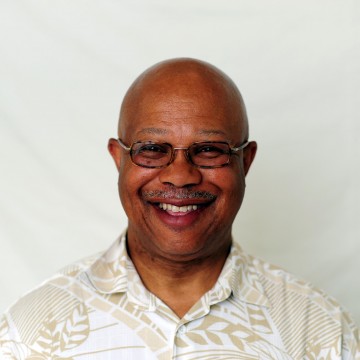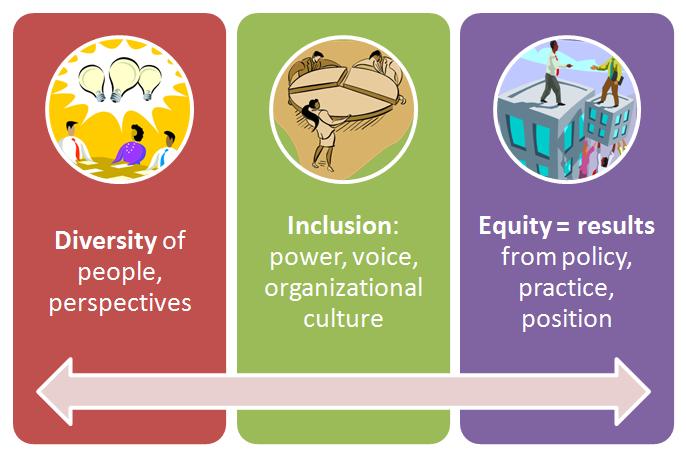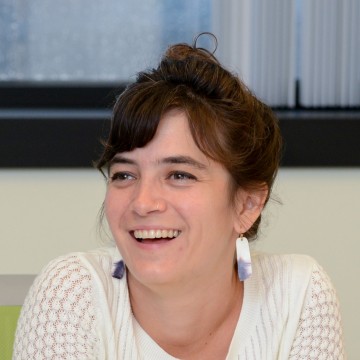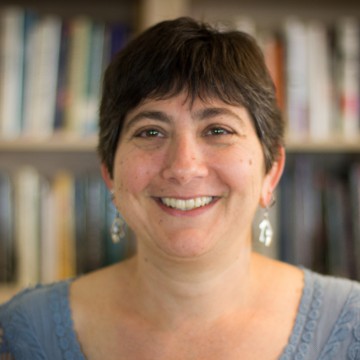Archives
July 11, 2017
“Mutual learning is only possible when all participants are willing to be wrong … willing to learn, to explore new ideas, to go off the map, out of the known, and together grope in the shadowy corners of new ideas, new plans, new territories.”
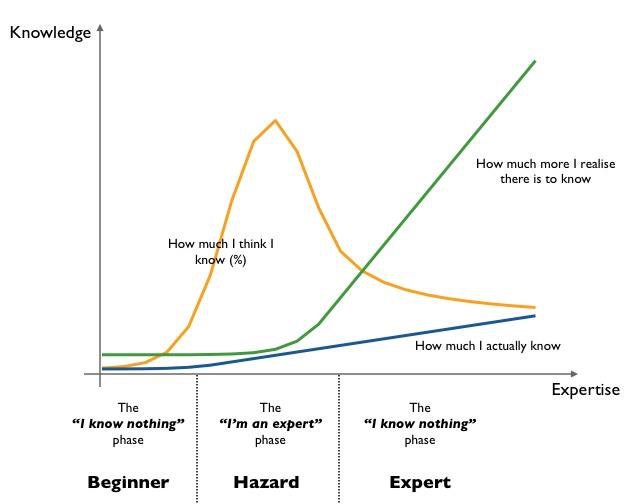
“Expertise” is one of those concepts that seems to get a good vetting every now and then, and in the current climate of VUCA (volatility, uncertainty, complexity, ambiguity) and networked approaches to change, there is certainly good reason for this. Mark Twain once quipped that what made the expert an expert was being from someplace else. There may be some truth and value to this view; when a set of “outside” eyes can lend fresh new perspective to a situation. And it is also the case that deference is often given to this version of expertise at the expense of local and other diverse sources of knowledge. Read More
June 21, 2017
On behalf of the Board of Directors of IISC, I am delighted to announce that Kelly Bates has been appointed president of the Interaction Institute for Social Change effective June 15, 2017.
Since assuming the role of interim president in October 2016, Kelly has successfully led IISC with a sure hand through a time of significant organizational change, working effectively with the Board and staff to strengthen our organization. More recently, Kelly has pivoted to addressing IISC’s future direction and vision, launching and leading a joint Board-Staff strategy team and coordinating this with a comprehensive re-examination of IISC’s business model.
For those of you who do not yet know Kelly well, her appointment as our permanent president will draw on her 20+ years leading advocacy, racial justice, and women’s organizations. Prior to IISC, Kelly was the founding executive director of the Elma Lewis Center for Civic Engagement, Learning, and Research at Emerson College. She also served as the executive director of Access Strategies Fund, a social justice foundation funding organizations to expand democracy in communities of color and low-income communities. For ten years, Kelly led a consulting and training practice specializing in working with social change organizations and other institutions in the United States around issues of power, diversity, and organizational development. Read Kelly’s full bio here.
As we approach our twenty-fifth anniversary under Kelly’s leadership, the Board looks forward with great excitement to further strengthening IISC and – along with IISC’s talented and committed staff and our valued partners and affiliates – to shaping the next chapter in IISC’s future. Please visit our website to learn about our current work and services. And stay tuned as we roll out our new racial justice organizational training and announce plans for the celebration of our 25th anniversary!
Very best wishes,
Frank Robinson
Chair of the Board, IISC
June 13, 2017
“Life moves toward other life… If we trusted more in these cohering motions, we could move into an essential role … supporting the system to explore new connections, new information, new ways of being. It means focusing on opening the system in all ways.”
Margaret Wheatley and Myron Kellner-Rogers, a simpler way
“Bridging” in the work of network development speaks to the act of creating connections between socially heterogeneous groups (or putting it a bit more crassly, building bridges between “us” and “them”). The benefits of bridging include making it possible for diverse groups to share and exchange information, creating new forms of access, as well as leveraging new ideas and spurring innovation between groups representing different interests and/or backgrounds. Bridging widens social capital by increasing the “radius of trust.” Unlike “bonding,” or more in-group relationship building (think “birds of a feather flocking together”), bridging can help create more inclusive structures that can have implications for long-term resilience and more equitable development. The following is a story of a network engaging in intentional bridging work for more robust connectivity, flows and opportunity …
Food Solutions New England (FSNE) is a regional, collaborative network organized to “support the emergence of a New England food system that is a resilient driver of racial equity and food justice, sustainable farming and fishing, and thriving communities.” FSNE is convened by For the past 5+ years, IISC has worked with the convening “backbone organization,” UNH Sustainability Institute, to launch and structure itself as a formal network, as well as to concretize and evolve its core commitment to racial equity as it has become more diverse and inclusive and worked for systemic change.
Eighteen months ago, FSNE was faced with making a decision about where to hold its annual Food Summit. The Summit was originally conceived to bring together delegates from across New England to strengthen collaboration for regional food system sustainability. The commitment was made early on by the convenor to move the Summit around the region, holding it in each of the six New England states once before going to any of them for a second time.
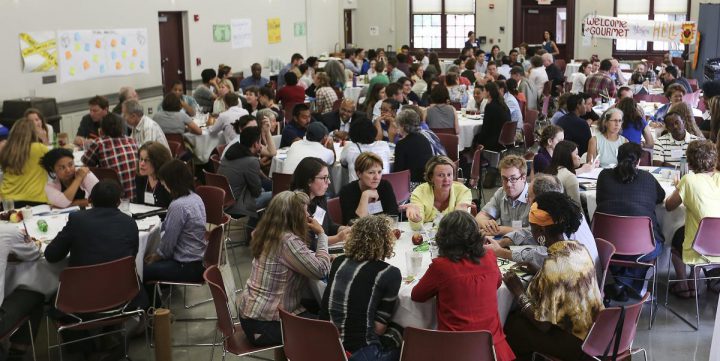
Delegates to the 2015 New England Food Summit gathered in Boston, MA.
In 2016, Connecticut was the last state to host the New England Food Summit. The network’s backbone organization was faced with a decision about the specific location within the state. Previous Summits had been held in prominent hubs in the other states – Portsmouth (NH), Burlington (VT), Portland (ME), Pawtucket/Providence (RI) and Boston. While places like Hartford and New Haven might have been natural considerations given their respective amenities and relative centrality in the state, the choice was made to bring the Summit to Bridgeport. This decision was spurred in no small part by the leadership of State Senator Marilyn Moore, who hails from that city and is a member of the FSNE Network Team. Senator Moore pointed out that not only would it be significant for Bridgeport to play host, given it is often overlooked in favor of its more well-known and regarded neighbors, it would also be enlightening for Summit delegates to see reality on the ground. Furthermore, this choice was viewed as an expression of FSNE’s commitment to racial equity and food justice.
Read More
June 7, 2017
A couple of weeks ago, IISC was invited to offer a post-conference session at the Collective Impact Forum Conference in Boston. The title of this 8 hour session spread over two days was “Advancing Racial Justice Through and Within Collective Impact.” This was an opportunity for Cynthia Silva Parker and Curtis Ogden to formalize our ongoing efforts to bring IISC’s core collaborative methods, frameworks and a variety of racial justice content and tools to the different elements of the Collective Impact framework.
We were heartened to see and hear the many conversations about racial equity during the main conference proceedings, and noted good and challenging questions and exploration about the fit between the Collective Impact model, such as it has been formally presented and understood, and community organizing and power building work. These conversations continued in some form or fashion during our session. Read More
May 29, 2017
I recently received an email from the NorthSky Nonprofit Network about a practice group they have called the “Network Sandbox.” They introduce a tool (for “Tuesday Tool Time”) and invite members to play with it. I was happy to be told that they recently incorporated “connection stories” as a tool. Here is their invitation to participants to stretch and innovate:
This week’s tool is inspired by the new connections catalyzed by the mini-grants. While the survey we used collected some anecdotal information about the new connections, it left all of us wanting more… richer, deeper stories about these connections. Curtis Ogden from the Interaction Institute for Social Change (IISC), calls connection stories “critical nutrients” for networks that “feed a network forward.”
Tool: Connection Stories
Source: Interaction Institute for Social Change
Purpose: Collect and share stories of connections that have happened because of networks and share them back to the network to inspire more of the same.
From Curtis’s blog: Making these stories more explicit and accessible can have a number of different impacts:
- They model the importance of reaching out across boundaries and to “the other”
- They encourage network behaviors that build a foundation of trust and understanding, which …
- Contribute to “network effects” such as resilience, adaptation, and innovation.
- They can encourage cultures of equity, inclusion and diversity.
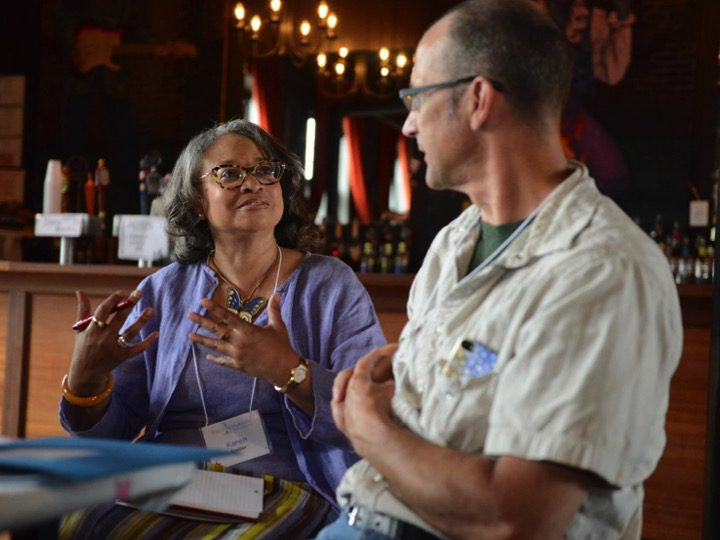
May 8, 2017
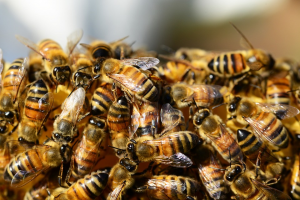
One of the many things I appreciate about adrienne maree brown’s new book, Emergent Strategy: Shaping Change, Changing Worlds, are the questions she asks over and over again: what are you learning from nature? how does nature inform your organizing and movement building efforts?Autumn Meghan Brown, interviewed in this book, talks about consensus. Building consensus is one of my favorite practices to teach in IISC’s Facilitative Leadership for Social Change workshop. People love consensus and people hate it; I’ve seen many people struggle with when and where consensus is the appropriate decision making method, and with how to facilitate an effective consensus decision making process.
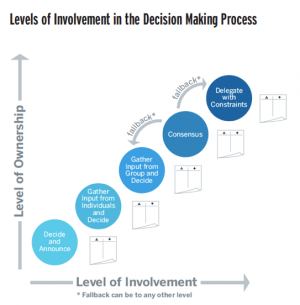
IISC’s Framework: “Levels of Involvement in the Decision Making Process,” above. © 2013 Interaction Institute for Social Change. All rights reserved.
I believe two reasons for this are that we live in a society with an unhealthy relationship to time, and with a low level of skill for collaborative group process. Autumn says these wise things about consensus:
- The history of consensus is deeply rooted in feminist and Indigenous movement work
- Building consensus is the work of collective liberation
- People want consensus to be an antidote to power, but it is not! Consensus does not require equal status; it requires equal voice.
So back to brown’s question, where does consensus happen in nature? What might we learn from nature about consensus?
Read More
May 8, 2017
“Clearly, we made some people uncomfortable. Good. For too long, our comfort has come on the backs of many who have been uncomfortable for a long, long time.”
–Niaz Dorry, FSNE Process and Network Team Member
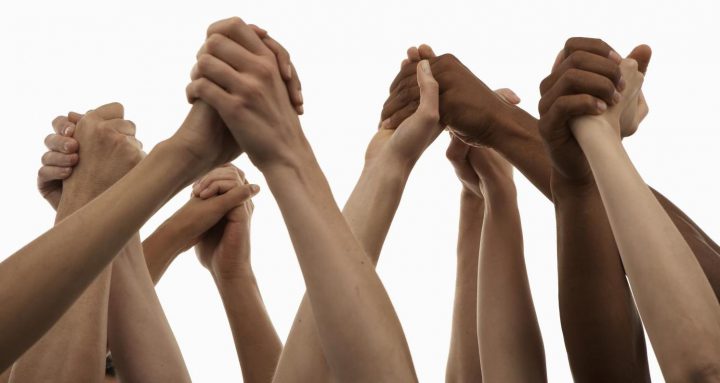
Food Solutions New England (FSNE) is a regional, collaborative network organized to “support the emergence of a New England food system that is a resilient driver of racial equity and food justice, sustainable farming and fishing, and thriving communities.”
For the past 5 years, IISC has supported FSNE to launch and structure itself as a formal network, as well as to concretize and evolve its core commitment to racial equity as it has become more diverse and inclusive and focused on systemic transformation. Over the winter, editorial staff from the Othering and Belonging Journal at the Haas Institute for a Fair and Inclusive Society solicited an article submission from FSNE to tell the story of why and how the network has operationalized its commitment to racial equity and food justice.
“While Othering processes marginalize people on the basis of perceived group differences, Belonging confers the privileges of membership in a community, including the care and concern of other members. As [john a.] powell has previously written, ‘Belonging means more than just being seen. Belonging entails having a meaningful voice and the opportunity to participate in the design of social and cultural structures. Belonging means having the right to contribute to, and make demands on, society and political institutions.'”
–Andrew Grant-Thomas, from Othering and Belonging Editors’ Introduction
The article was published last week under the title “Equity as Common Cause,” co-authored by El Farrell, Tom Kelly and Joanne Burke of the UNH Sustainability Institute (the convenor of FSNE), Karen Spiller of KAS Consulting and the Albert Schweitzer Fellowship (Karen is lead FSNE Ambassador) and myself, as network facilitator, with input and voices of many others, including Connecticut Senator Marilyn Moore, Julius Kolawole of the African Alliance of Rhode Island and Niaz Dorry of North Atlantic Marine Alliance. Read More
April 26, 2017
The human heart is the first home of democracy. It is where we embrace our questions. Can we be equitable? Can we be generous? Can we listen with our whole beings, not just our minds, and offer our attention rather than our opinions? And do we have enough resolve in our hearts to act courageously, relentlessly, without giving up – ever – trusting our fellow citizens to join with us in our determined pursuit of a living democracy? ~Terry Tempest Williams
In Turkey, voters just granted the Prime Minister additional powers. In the US, many people have long been fond of simple solutions. Today that plays out with support of a bombast who is inconsistent and offers solutions that exacerbate underlying problems.
When we work with clients, it also seems like there is a pull to simplicity, especially around issues of diversity and equity.
We field many calls from organizations and networks eager to address issues of racism. In its caricature state, which is all too common, the request is for a two-hour workshop for staff. The hope is that with a few hours of filling smart brains with a new understanding—of the history of racism, or of implicit bias, or levels of oppression—that then things will be okay.
This is false. A two-hour workshop can open some new understanding or potentially be used to make a case for change, but in no way does not even put you on the road to okay.
How is it that smart people believe that a little more in the way of “smarts” will undo a complex historical reality routed in policy, cultural narrative and economics?
Some of it seems to be a wish for easy and for ease. Many white people want the magic bullet or the easy solution to our own racism and that of our country and our organizations. We are not used to acknowledging that it took a lot of work to dig the hole that we are in and that it will take even more work to get out. Hoping that two hours or one day can give a diverse group the knowledge, tools, and understanding to create systemic change is simply a wish for simple.
In addition, there are systems that support the quest for this to be simple. For example, funders may offer relatively small dollars for organizational change efforts or not prioritize learning about systems of oppression at all. The push is almost always for fast outcomes and it seems risky to slow down and support the harder efforts that will ultimately be successful. Many leaders of our organizations, foundations, and government institutions have ourselves benefitted from the structures of racism and are content (wittingly or unwittingly) not to rock the boat.
For people working on systemic change, our job is to communicate that change is both hard and worthy. To want change requires more than a workshop; it is a commitment to put in the time, the dollars, and the effort. We know that effective equity efforts require work on multiple levels.
It may not be easy but it is fun and powerful to see the changes along the way. Change can beget more change. Change includes:
- New and deep relationships that expand what is possible and build new ways of being
- More equitable hiring and purchasing policies, investing in long term economic change
- Policies in an organization that are constructed to undo the bias that is both implicit and explicit in our minds and our organizations.
I will write more in the coming weeks about examples of change as a motivation for those moments when we think oppression, racism, and inequity are solvable in a two-hour workshop. IISC is interested in working with groups that choose to avoid the simple and invest with their hearts and time the work that can lead to meaningful change.
April 25, 2017
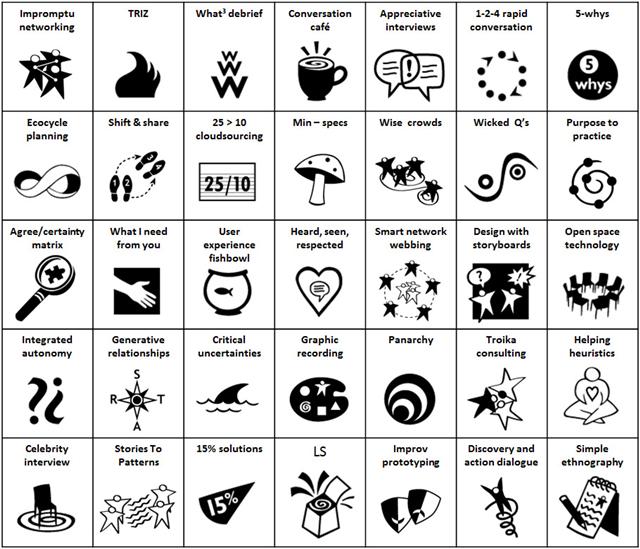
With inspiration from Nancy White – thank you! (and make sure to check out Nancy’s blog) – I have been returning to and reviewing the list of Liberating Structures created and collected by Henri Lipmanowicz and Keith McCandless for application to some strategy development work with a couple of social change networks. As described on the website:
Liberating Structures are “easy-to-learn microstructures that enhance relational coordination and trust.
Liberating Structures are meant to foster enlivening participation in groups of all sizes, making it possible to truly include and unleash everyone.”
In reviewing the various structures, I’ve pulled out and added to a list of strategic questions that could be offered in concert with different group processes (World Cafe, Open Space, pair shares, fishbowls, individual reflection, etc.) to open up possibilities … Read More
April 19, 2017

In sustainable agriculture you hear talk about no and low-till farming. These are approaches that emphasize minimal disturbance of soils to preserve their structural integrity and also to keep carbon in the ground. No-till increases organic matter, water retention and the cycling of nutrients in the ground. As a result it can reduce or eliminate soil erosion, boost fertility and make soils more resilient to various kinds of disruptions. This flies in the face of mainstream approaches that recommend ongoing and significant intervention, “fluffing” soil and digging down to considerable depths to get rid of weeds and aerate the ground. What actually happens can be quite destructive to the long-term productive and regenerative capacity of the soil.
“When we harvest, weed, rake or trim gardens and landscapes, we remove the organic material that feeds the soil.”
I like this as a metaphor for what can happen when there is failure to see and respect the networked structures that already exist in communities, organizations and other living systems. Read More
April 4, 2017
“You’ve got to keep asserting the complexity and the originality of life, and the multiplicity of it, and the facets of it.”
– Toni Morrison

Once again, I’ve been re-reading Niels Pfleaging’s short book Organize for Complexity (and eager for the release of the English version of Complexitools) amidst the growing demand we are hearing at IISC from people who want to liberate their organizations and themselves to be able to intelligently respond to change and to come back to life! Here’s the gist – as things shift more, and more rapidly, some people’s inclination may be to try to exert greater control or dig in to what is familiar, but does not work. The more one does so, the worse things can get. As Pfleaging writes, we see a “high price for the illusion of control.” Within organizations this takes the form of various gaps – social, functional, and temporal – that make them increasingly irrelevant, ineffective and irresponsible.
Responding to complexity requires (to borrow a phrase from Eugene Eric Kim) new muscles and mindsets.
Read More
March 22, 2017
“It is certain, in any case, that ignorance, allied with power, is the most ferocious enemy justice can have.”
James A. Baldwin
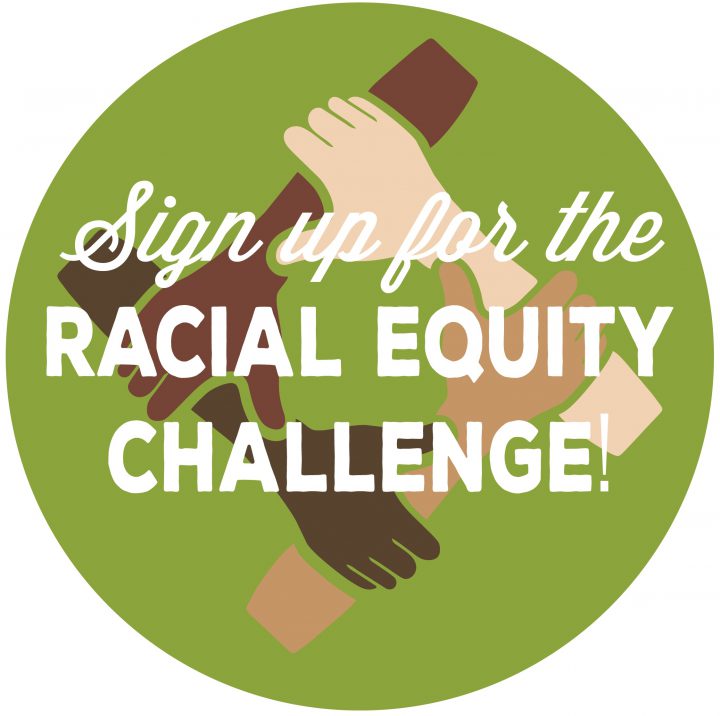
For the third year in a row, IISC is working with Food Solutions New England to design and facilitate the 21 Day Racial Equity Habit Building Challenge (April 9-29) as an extension of our mutual commitment to racial justice. The challenge is a virtual and networked remix of an exercise created by Dr. Eddie Moore, Jr. and Debby Irving, offered as a way of spreading and deepening commitment to learn about, talk about and take action to solve racial injustices in the food and other related systems.
This year, we are adding additional tools and prompts to create a rich environment for learning, conversation and action. This includes:
- a more extensive resource page with readings, tools, videos and organizational links,
- a new list of daily prompts with links to resources and room for participants to offer written reflections,
- a series of original blog posts on the FSNE website committed to relevant topics and themes
- a Twitter hashtag (check out #FSNEEquityChallenge)
Read More

